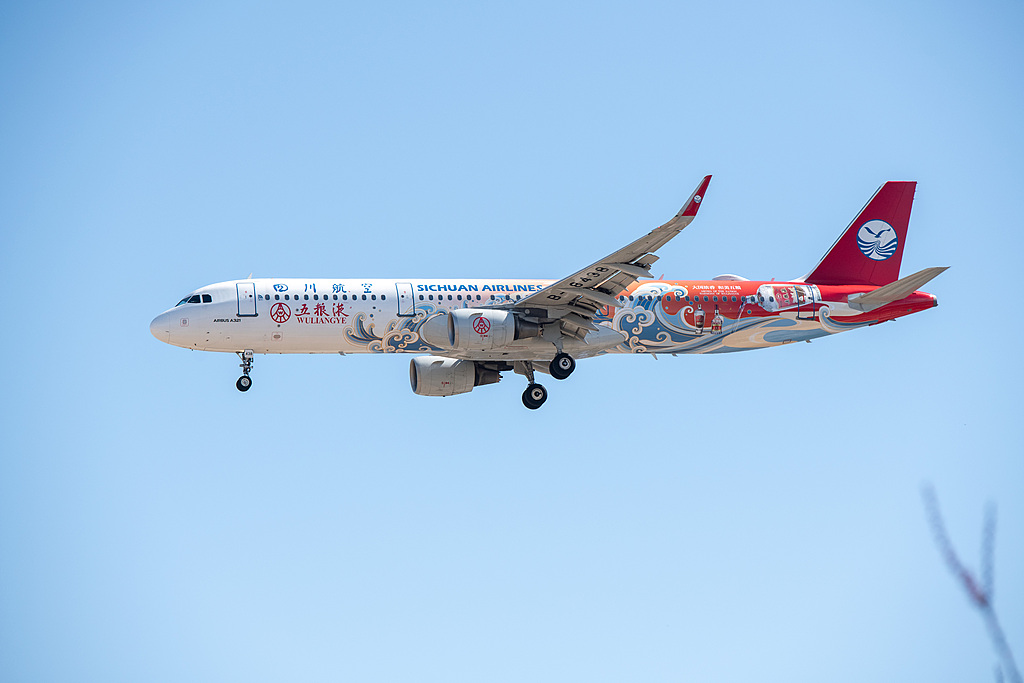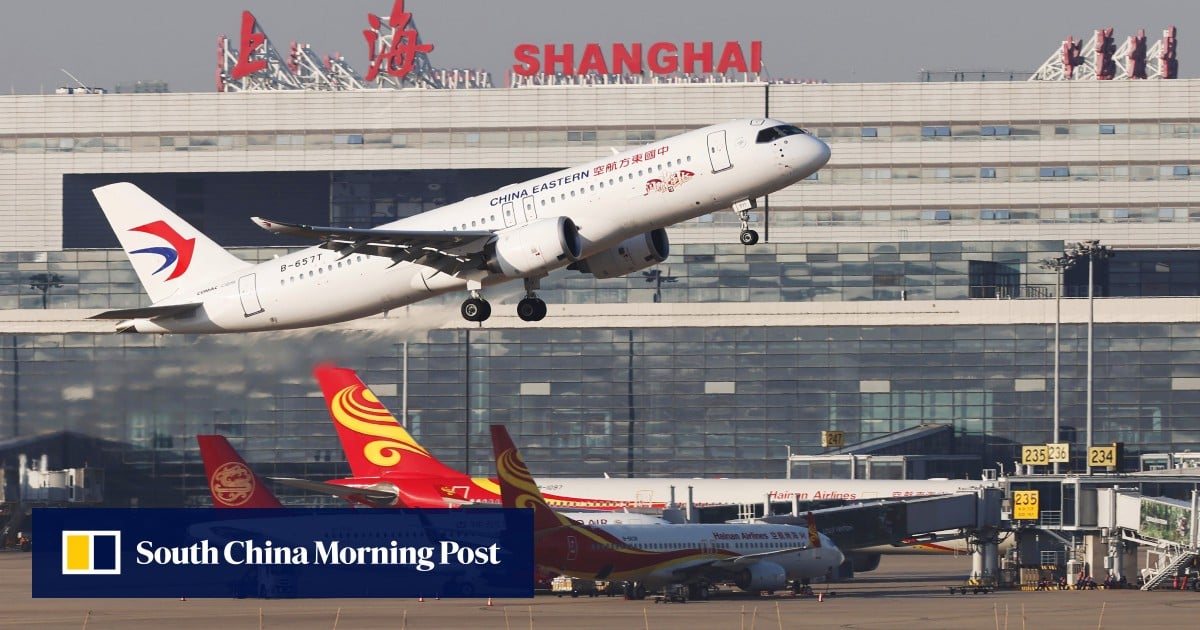Airbus bets big on SAF business in China - Chinadaily.com.cn

European aircraft manufacturer Airbus said it is willing to support China, its largest single-country market, in building sustainable aviation fuel, or SAF, into an emerging industry, as it believes that the nation has all-around advantages in the development of SAF.
Airbus said it will continue to strengthen cooperation with Chinese suppliers to promote the use of SAF to contribute to the sustainable growth of the aviation industry.
"SAF, as the biggest contributor, helps with the decarbonization of the aviation industry. Compared to fossil jet fuel, it can reduce 80 percent of carbon emissions on average in the entire SAF life cycle," said Claire Kauffmann, head of SAF and carbon dioxide removal global ecosystem at Airbus.
Kauffmann said that China has great advantages in the production of SAF, given its rich resources of feedstock and rapid development of renewable energy. China's strong manufacturing capability, unified government policies and a stable business environment provide continuous impetus for the long-term development of the sector.
This year marks the 40th anniversary of Airbus' operations in the country. The aircraft manufacturer said it has always been committed to long-term and trustful partnerships with the Chinese aviation industry.
Besides SAF, Airbus has continued to expand its industrial footprint by investing in various activities. It is expanding the A320 aircraft's final assembly capacity in Tianjin with a second line, and the new facility is expected to be put into operation by early 2026.
As a global company with roots in Europe, Airbus said it advocates for fair and open trade, and win-win cooperation. China has been insisting on high-standard opening-up and improving its business environment, an effort that Airbus highly respects.
For the development of SAF, China has abundant types of raw material resources, including waste cooking oil, agricultural and forestry waste, and urban organic waste, providing a solid foundation for building a globally leading green aviation industry system. It is predicted that by 2030, the annual available raw materials for producing SAF in China will support a potential production capacity of up to 12 million metric tons.
China, the European Union and the United States have all introduced policies to encourage the use of SAF.
In the 14th Five-Year Plan (2021-25), the Civil Aviation Administration of China proposed that the cumulative consumption volume of SAF in China should reach 50,000 tons over the period, and the annual consumption volume of SAF in 2025 should exceed 20,000 tons.









